While we are far from lacking in top early music ensembles in the UK, there’s no denying that the French have a special affinity for this repertoire. While The Academy of Ancient Music and The Orchestra of the Age of Enlightenment are virtuosic champions of the genre, if we were all stuck in a sinking hot air balloon I’d lose both before sacrificing Les Musiciens du Louvre, Les Talens Lyriques, Le Concert d'Astrée or Les Arts Florissants. So it was with anticipation that I made my way to the Barbican last night to hear the UK debut of Le Cercle de l’Harmonie, the newest French orchestra on the block.
Under the direction of Jérémie Rhorer (who has worked with both Christie and Minkowski), Le Cercle de l’Harmonie were joined by choir Les Éléments and four soloists to dispatch an all-Mozart programme. Mozart’s Solemn Vespers (best known for the oft-excerpted "Laudate dominum") was paired with the composer’s great unfinished Mass in C minor – a programme that gave soprano Sally Matthews a wealth of glorious material, while leaving the other three soloists looking rather spare-partish.
It was a sensation not exactly helped by tenor Rainer Trost and bass Nahuel Di Pierro, who barely deigned to raise eyes above copies (and in Di Pierro’s case from under his face-obscuring fringe) while delivering their passages, projecting little vocally and still less dramatically. Their roles might more usefully have been taken by members of the chorus, where some bright, resonant tenor singing was tantalisingly on display.
Fortunately things were rather better over on the other side of Rhorer, where the ever-solid Ann Hallenberg delivered a richly coloured "Laudamus te" in the Mass, and gamely stepping up to match Matthews (pictured below) for vocal drama in the often rather academic-sounding "Domine Deus".
 Matthews is surely the queen of emoting, whether in the opera house or concert hall, and it was she who made a performance out of this otherwise rather bread-and-butter evening of music, determined in her musicality despite Rhorer’s refusal to follow her in the delicate cadential pullings and pushings of the "Et incarnatus est". Here too, while Matthews made something quite new of the repeat, placing the voice in an even more inward and fragile place, the orchestra simply carried on as they were, making me wonder if they were even listening to their soloist.
Matthews is surely the queen of emoting, whether in the opera house or concert hall, and it was she who made a performance out of this otherwise rather bread-and-butter evening of music, determined in her musicality despite Rhorer’s refusal to follow her in the delicate cadential pullings and pushings of the "Et incarnatus est". Here too, while Matthews made something quite new of the repeat, placing the voice in an even more inward and fragile place, the orchestra simply carried on as they were, making me wonder if they were even listening to their soloist.
While Matthews’s covered vowels can occasionally feel a little artificial, there’s no denying the quality of her voice, which spun smoothly over Mozart’s generous vocal lines, quite stopping the heart in that final entry of the "Laudate dominum" and burning brilliantly through in the "Magnificat".
While there were moments of energy and character from both orchestra and chorus – the baleful bassoon interjections in the "Laudate Dominum", some punchy articulation from the choir in the opening of the "Gloria" – things generally felt a little too unfocused. I’m no stickler for clinical tidiness, but when final consonants are flying scrappily around like so many ink blots it’s distracting, especially when there’s little in the sensitivity of the phrasing to compensate.
The "Laudate pueri" from the Vespers is an extraordinary movement. Filled with the same restless angst that characterises the Requiem and the Don Giovanni Overture, there’s nothing in its sunny text to explain the character, and as a result it requires even more dynamism in performance to carry it off. Last night it simply didn’t feel distinct enough from the serenity that came before, with sharper-edged articulation needed from the orchestra’s descending scales and a less soft-grained blend from the singers.
There’s a beauty in Mozart’s choral music, a melodic inevitability, that should never be mistaken for gentleness. Lurking behind the set-piece harmonies are the shadows that take centre stage in the Requiem, as well as the humanity that breathes through The Magic Flute. Last night we saw only softness and pliancy from Rhorer and his forces, with only Matthews spanning the full breadth of this magnificent music.

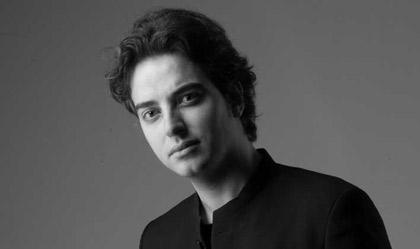

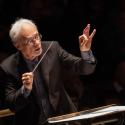



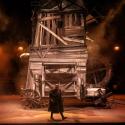
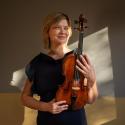
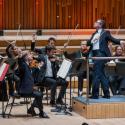

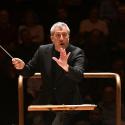
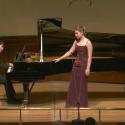
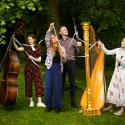
Add comment